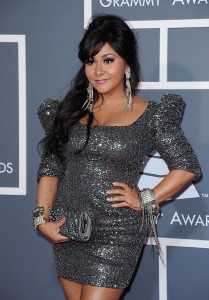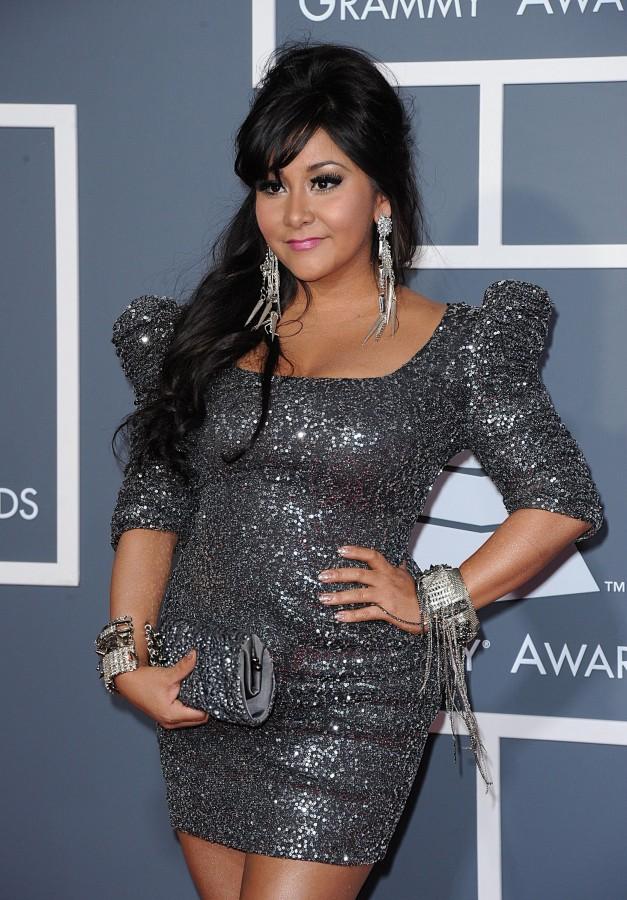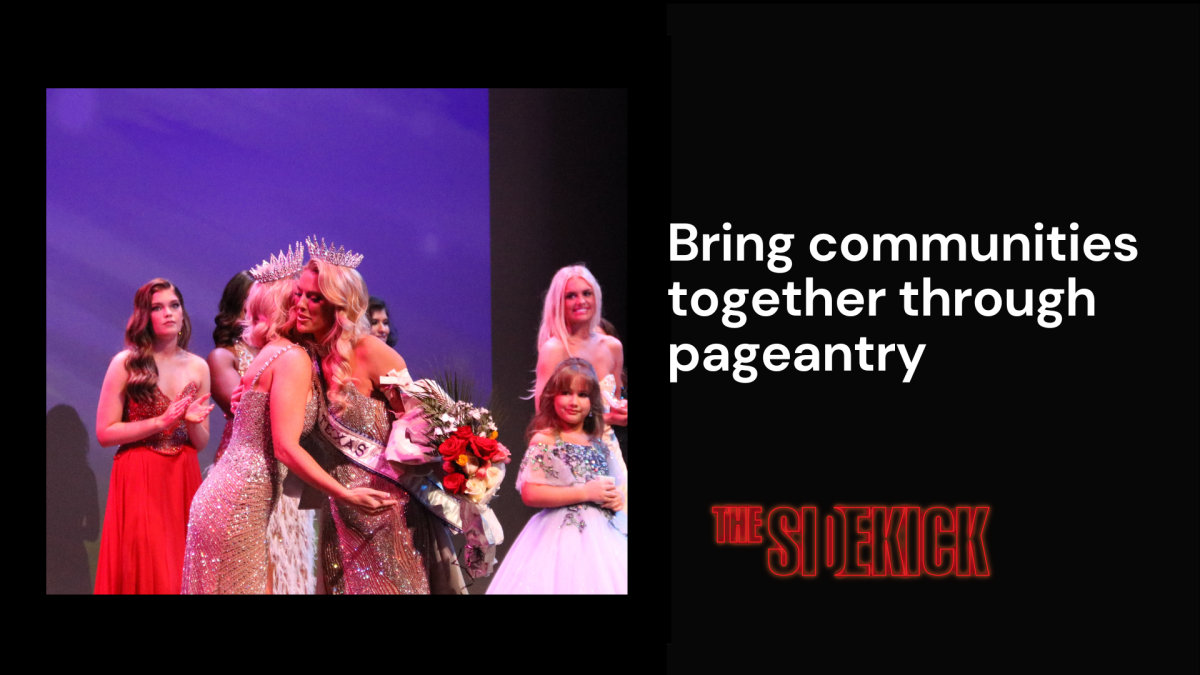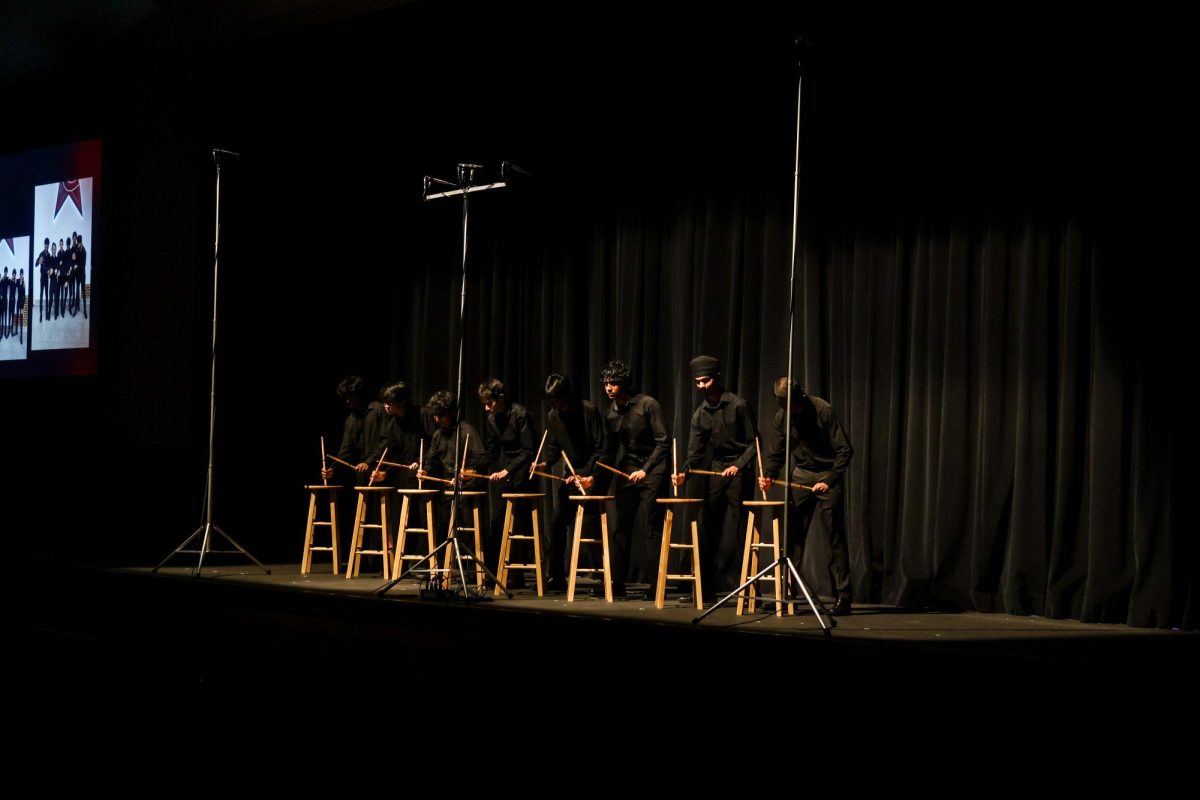Tolu Salako
Staff Writer
Television is the average teenager’s best friend. Whether they’re bored or tired, students turn to a variety of shows to alleviate their boredom, particularly reality television. Many times these reality shows are simply repetitive and recycled material.
Reality TV was introduced around 1992 when MTV debuted its first reality show, “The Real World.” The show took seven people from different backgrounds and placed them in a house to live together for several months. Since then, reality TV has expanded and is available on almost every entertainment channel in the US.
Shows like “Jersey Shore,” and “The Bachelor,” have gained a lot of publicity appeal to many American teens. The idea of different people from different backgrounds in the same situation is like witnessing survival of the fittest.
The audience always wants to know who is going to get drunk and crack under the pressure of the media, making these programs intriguing for certain audiences. The people participating in these shows are put into various situations to see how they can appeal to the public eye.
Reality TV has been blowing up many channels including The CW, MTV and Oxygen, and it is close to impossible to avoid these popular channels. These channels are mostly teen-oriented,and therefore will publicize reality TV as the newest hit show that everyone should watch in order to increase the company’s profits.

“ [Reality television] has a really bad influence on us,” sophomore Sydney Nguyen said, “but it’s still really addicting”
Many CHS students spend their weekends watching repetitive shows, like “Jersey Shore,” finding them amusing and hilarious. However, people getting drunk and wasted in every episode can have a negative effect on teenagers, causing them to believe that the only source of fun is to get wasted and that there are no consequences for their irresponsible actions; yet these paid ‘actors and actresses’ are getting rewarded for being ridiculous and overdramatic.
Obviously, the interests of American teenagers have changed over the years, and reality TV has become the newest media phase.
“The media is not afraid to cover topics that they would not have covered ten or twenty years ago,” CHS counselor Penny Davis said, “People sometimes need an escape and [reality TV] is just that that may or may not influence us one way or another.”
The standard reality TV show consists of drinks, bars, clubs and lousy fights in almost every episode and in usually every show, causing actors to no longer need talent to be cast for a successful TV show.
Reality TV is one of the most talked about and addictive pieces of media today, yet teens still devote their time to these recycled shows due to boredom.









